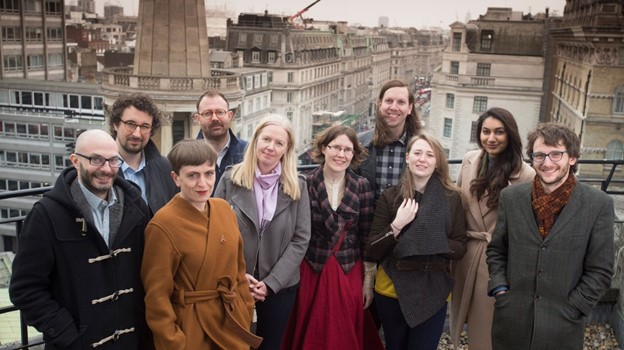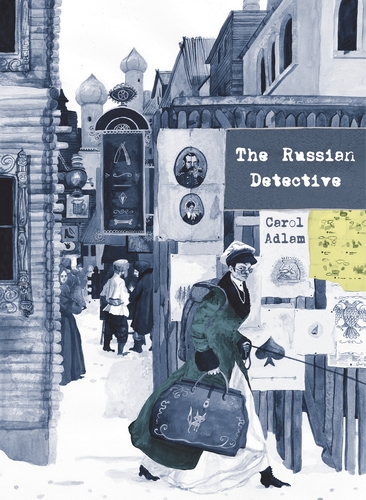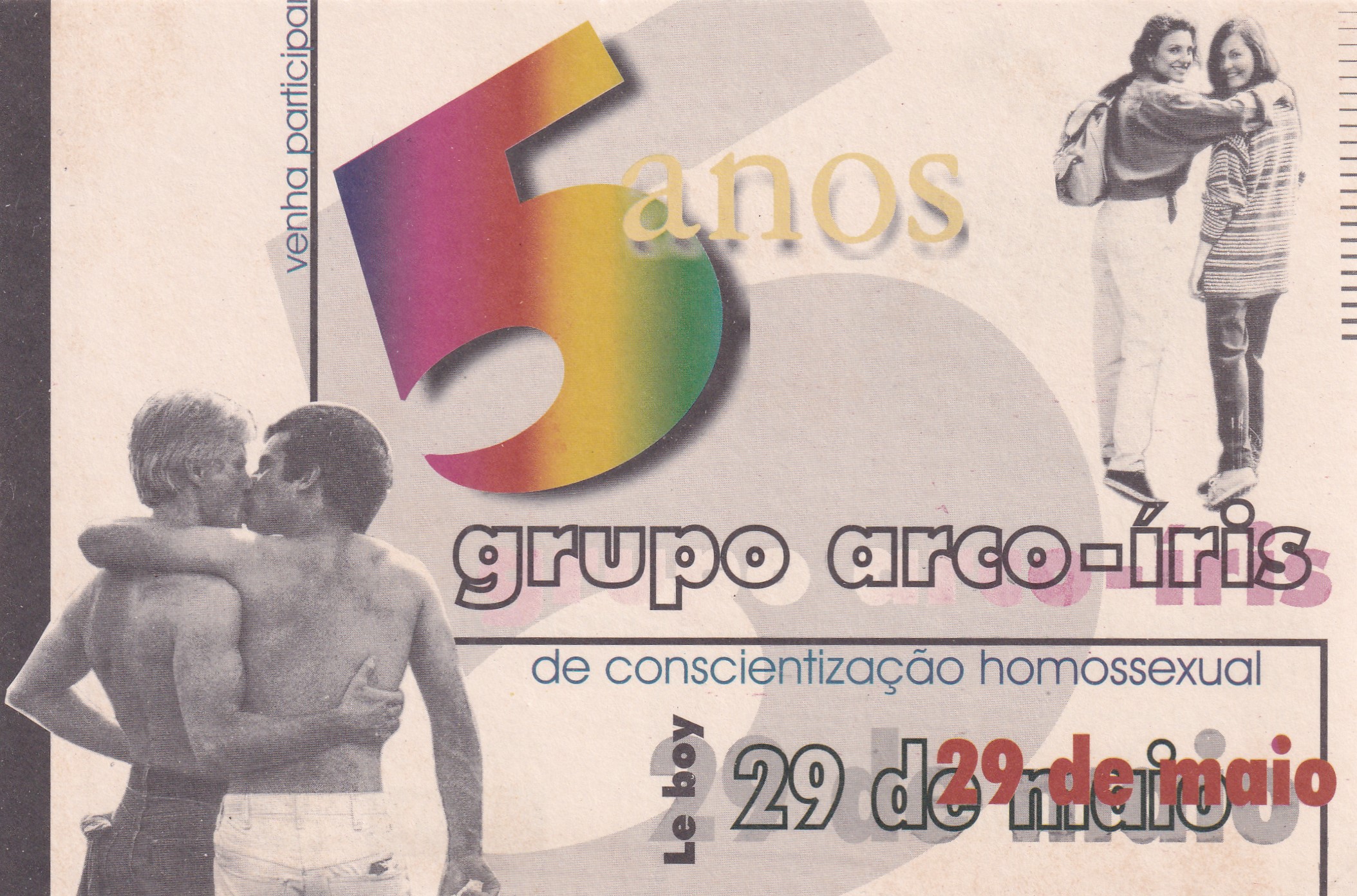Scotland’s future, Scotland’s past, and the perspectives in between
Land is a fundamental part of life on Earth, but the way we interact with it inspires complex conversations across disciplines. Thinkers across the ages have grappled with the question of how we ‘own’ land: how fencing off a section of land and calling it ‘ours’ leads to broad questions of identity, nationalism, and more. … Read more





